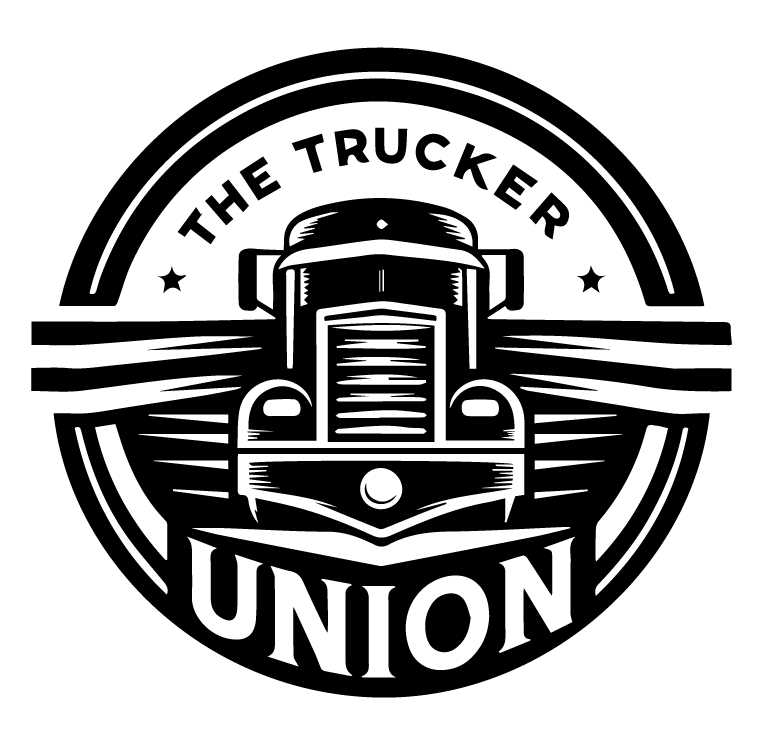
In the intricate world of freight logistics, double brokering has emerged as a significant problem, raising questions about legality and ethical conduct. This deceptive practice, often cloaked in the guise of legitimate operations, can cause substantial financial and operational disruptions within the industry.
What is Double Brokering?
Double brokering occurs when a broker books a load with a carrier, only for that carrier to turn out to be another broker. This secondary broker re-brokers the load to a different carrier without the original broker’s or shipper’s knowledge or consent. This practice can lead to a lack of transparency, compromised insurance, and significant financial losses for both brokers and shippers.
The Legal Landscape
Legally, the distinction between double brokering and co-brokering is critical. Co-brokering involves the transparent cooperation between two brokers with the shipper’s consent and is entirely legal. However, double brokering without the shipper’s knowledge is illegal and considered fraudulent. It violates state and federal laws, specifically the Moving Ahead for Progress in the 21st Century Act (MAP-21), which mandates stringent regulations on freight brokers to ensure transparency and accountability.
The Push for New Legislation
The pervasive issue of double brokering has prompted calls for stricter regulations and penalties. Industry stakeholders are pushing for new laws that would impose significant fines on those engaged in this fraudulent activity. These proposed laws aim to deter dishonest brokers by introducing severe financial penalties and enhancing enforcement mechanisms. The goal is to protect the integrity of the logistics industry and ensure fair practices among all participants.
The Impact of Dishonest Applications
Dishonest applications by double brokers can be tantamount to perjury. When brokers provide false information to gain business, they not only undermine the integrity of the industry but also expose themselves to severe legal consequences. Lying on legal documents, such as broker applications, can lead to perjury charges. Perjury, the act of lying under oath, is a serious offense that can result in fines, additional litigation costs, or even imprisonment.
Identifying and Preventing Double Brokering
Preventing double brokering requires vigilance and due diligence. Here are some steps to protect against this fraudulent practice:
Conduct Thorough Background Checks: Verify the broker’s credentials, including their Federal Motor Carrier Safety Administration (FMCSA) registration and inspection history. A lack of recent inspections can be a red flag.
Develop a Trustworthy Network: Building relationships with reliable brokers can reduce the risk of encountering double brokers. Trust is a crucial element in the logistics industry.
Carefully Review Paperwork: Ensure that all documents, such as rate confirmations and bills of lading, are accurate and match the agreed terms. Discrepancies can indicate double brokering.
Be Wary of Too-Good-To-Be-True Rates: Extremely low rates can be indicative of fraudulent activity. Always verify the legitimacy of such offers.
Conclusion
Double brokering is a pervasive issue that threatens the stability and integrity of the freight industry. By understanding the legal implications and taking proactive steps to prevent it, brokers and shippers can protect themselves from the financial and operational fallout associated with this practice. Staying informed and vigilant is key to maintaining a transparent and trustworthy logistics network.












